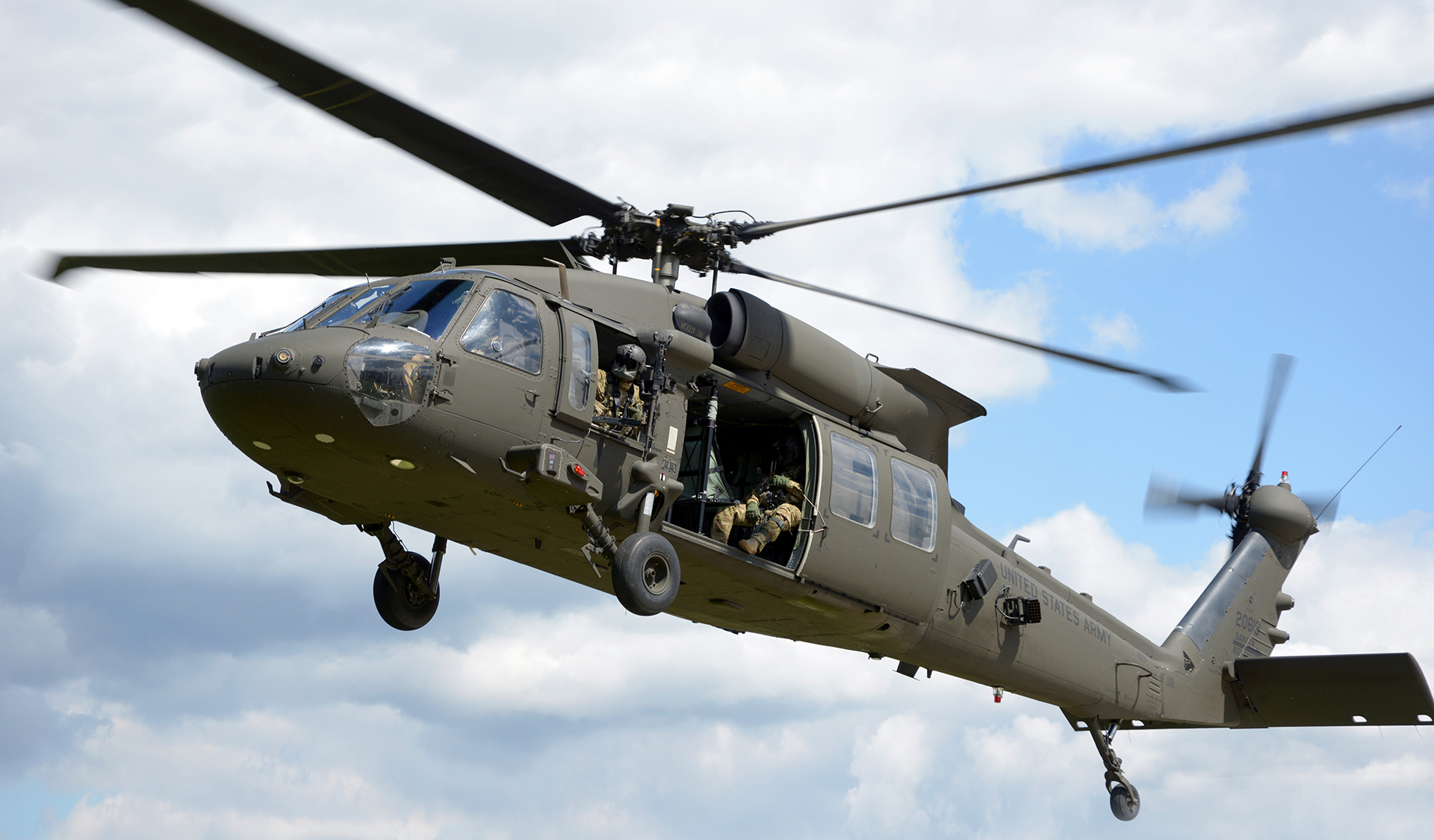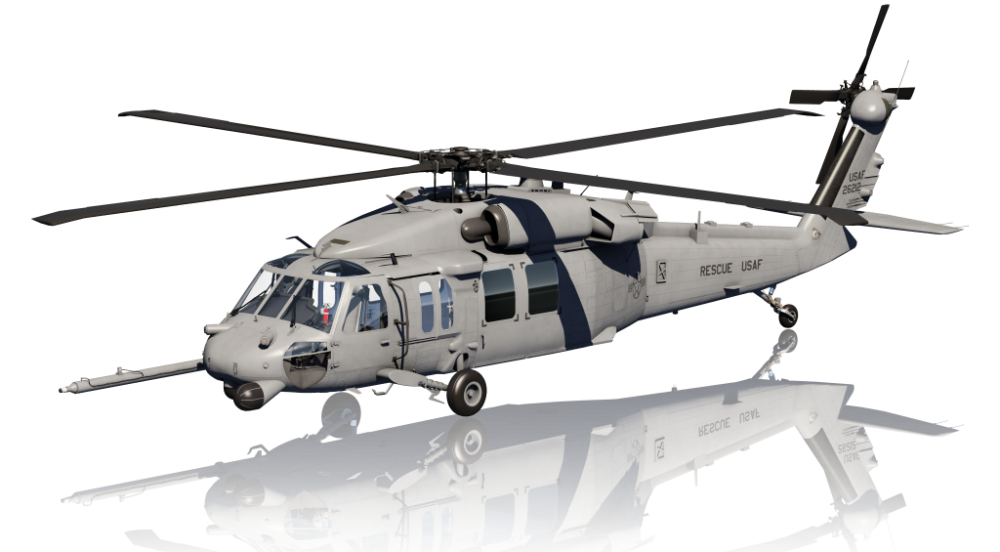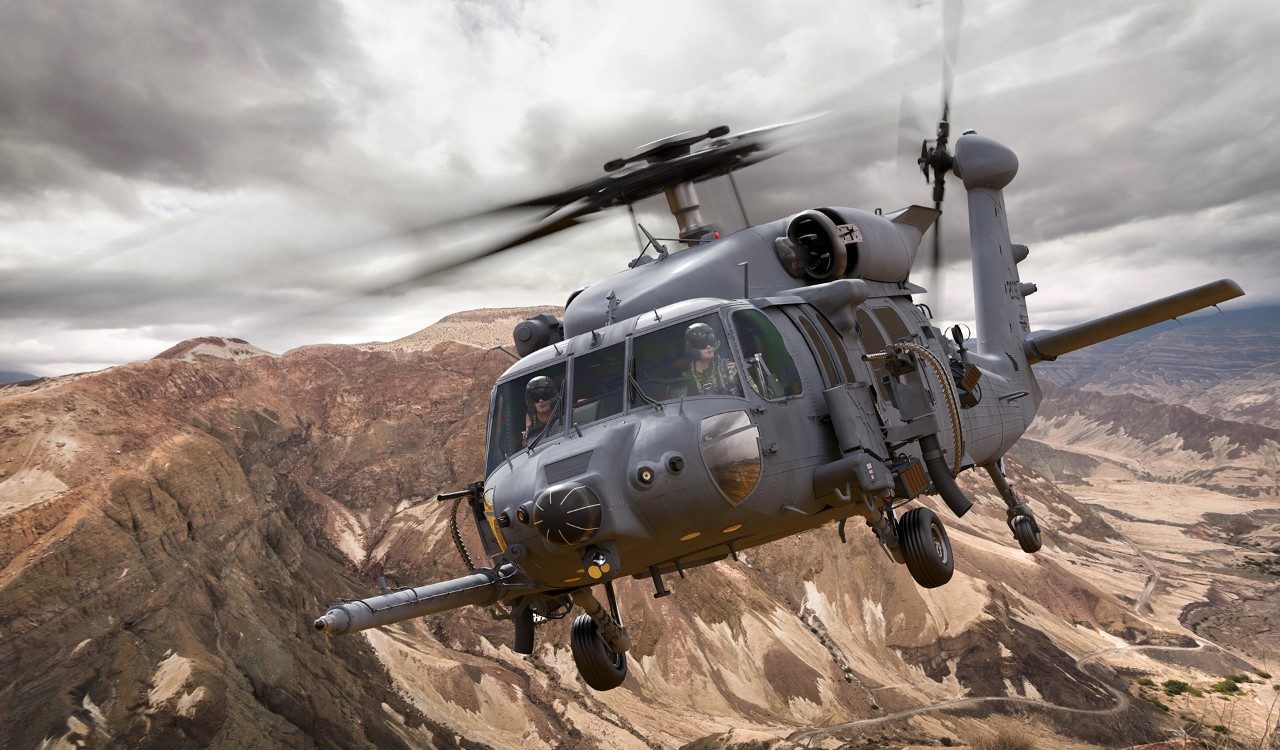UH 60 Helicopter: Advanced Avionics and Combat Solutions
UH 60 Helicopter: Advanced Avionics and Combat Solutions
Blog Article
The Impact of Sustainable Practices on the Future of Airplane Workflow and Emissions Decrease
As the aviation market encounters enhancing examination over its ecological impact, the fostering of sustainable practices arises as a crucial pathway towards future aircraft operations and discharges decrease. Technologies in lasting aeronautics fuels and improvements in crossbreed propulsion modern technologies stand at the center of this change, appealing considerable decreases in greenhouse gas exhausts.

Review of Lasting Practices
Sustainable practices in airplane procedures incorporate an array of approaches focused on decreasing ecological effect while maintaining operational effectiveness. These practices are important in the aviation sector's commitment to decreasing its carbon footprint and adhering to global environmental requirements. Key efforts include enhancing trip courses to decrease gas usage, improving maintenance procedures to make sure airplane run at peak performance, and applying sophisticated technologies such as winglets and lightweight products that improve aerodynamics.

Involving and educating personnel on sustainability methods also play an essential duty, promoting a culture of environmental obligation within organizations. On the whole, the combination of these sustainable practices not only helps in reducing exhausts yet additionally enhances the lasting stability of the air travel industry, guaranteeing it fulfills the demands of both consumers and regulatory bodies while adding to worldwide sustainability objectives.
Cutting-edge Gas Alternatives
Numerous ingenious fuel choices are becoming pivotal services to decrease the aviation sector's reliance on traditional nonrenewable fuel sources. Amongst these choices, Lasting Aeronautics Fuels (SAFs) have actually obtained substantial interest due to their potential to decrease lifecycle greenhouse gas emissions by up to 80% compared to standard jet fuels. SAFs are stemmed from various feedstocks, consisting of waste oils, farming residues, and also algae, making them a flexible option for the sector.
One more promising choice is hydrogen gas, which, when used in fuel cells, creates just water vapor as a byproduct. Furthermore, electric propulsion systems are being checked out, leveraging battery technology to power aircraft.
Last but not least, biofuels derived from biomass are being investigated, using a renewable choice that can be blended with conventional fuels. Collectively, these cutting-edge gas options represent a vital action toward accomplishing a lasting aeronautics ecological community, straightening with global exhausts reduction targets and improving the sector's ecological stewardship.
Technological Developments in Aviation

Exactly how can technical advancements improve the future of air travel? Advancements such as electrical and hybrid propulsion systems are at the leading edge, promising significant reductions in gas intake and greenhouse gas exhausts.
Additionally, the application of advanced materials, such as lightweight compounds, adds to improved the rules of aerodynamics and gas performance. Using synthetic knowledge and machine understanding in flight procedures enhances path preparation and minimizes gas burn by allowing real-time changes based on weather and traffic conditions. In addition, the development of self-governing and from another location piloted airplane systems stands to change cargo and traveler transportation, potentially enhancing performance while reducing human mistake.
Additionally, lasting aviation innovations, consisting of sophisticated air traffic monitoring systems, can minimize and simplify operations blockage, bring about reduced a knockout post emissions throughout flight. These improvements jointly represent a standard shift in air travel, assuring a future where sustainability and functional performance are intertwined, thus supporting the industry's commitment to minimizing its ecological impact.

Regulative Structure and Compliance
In light of the expanding focus on ecological stewardship within the aviation industry, the governing framework controling aircraft procedures is progressing to advertise lasting methods. Regulative bodies, such as the International Civil Air Travel Company (ICAO) and different nationwide air travel authorities, are introducing strict guidelines targeted at reducing exhausts and improving operational effectiveness.
These policies typically consist of the adoption of Lasting Air travel Fuel (SAF), which has been recognized as an essential part in accomplishing lower carbon footprints. Furthermore, conformity with these laws calls for airline companies to carry out sophisticated technologies and operational methods, such as maximized trip paths and boosted air web traffic management, to minimize gas intake.
In addition, the enforcement of discharges trading schemes and carbon balancing out initiatives is ending up being significantly prevalent, engaging airline companies to keep track of and report their emissions accurately. Non-compliance can lead to substantial charges, therefore pressing drivers to prioritize sustainability in their organization models.
Inevitably, the advancing governing landscape not only drives development and investment in environment-friendly technologies however additionally promotes a society of accountability within the aeronautics industry. As these frameworks remain to create, the emphasis on sustainable practices will certainly be indispensable to attaining the This Site industry's long-lasting environmental goals.
Future Trends in Aircraft Procedures
As the air travel market adapts to a progressively stringent governing environment, future trends in aircraft operations are readied to focus on ingenious solutions that further enhance sustainability and effectiveness - uh 60. Key advancements will likely consist of the fostering of innovative air traffic administration systems, which use real-time information and expert system to optimize flight courses, minimizing gas intake and emissions
One more considerable trend is the raised assimilation of sustainable aviation gas (SAFs) These options to standard jet fuel, derived from eco-friendly sources, can substantially lower lifecycle greenhouse gas exhausts. The market's commitment to SAFs will likely increase as airline companies collaborate with gas producers to ensure availability and cost-effectiveness.
Furthermore, the press in the direction of electrification and hybrid propulsion systems is getting momentum. Emerging airplane styles will certainly include these modern technologies, supplying quieter and more reliable procedures, specifically for short-haul flights.
Verdict
Finally, the integration of sustainable techniques in aircraft procedures holds substantial capacity for emissions decrease and enhanced performance. The fostering of sustainable aviation fuels, paired with innovations in hybrid and electric propulsion systems, is important for reducing lifecycle greenhouse gas discharges. Furthermore, enhancing trip paths and welcoming innovative modern technologies add to a quieter and extra ecologically friendly air travel market. Jointly, these initiatives align with worldwide sustainability goals and lead the way for a greener future in air travel.
Advancements in visit this site sustainable aviation fuels and developments in crossbreed propulsion modern technologies stand at the forefront of this makeover, promising significant reductions in greenhouse gas exhausts.Many cutting-edge gas options are arising as critical solutions to decrease the air travel sector's reliance on standard fossil gas - uh 60. Amongst these choices, Lasting Air travel Gas (SAFs) have actually acquired substantial focus due to their prospective to reduce lifecycle greenhouse gas exhausts by up to 80% contrasted to conventional jet gas.Another significant fad is the enhanced combination of sustainable aviation fuels (SAFs) The adoption of sustainable aeronautics fuels, paired with improvements in electrical and hybrid propulsion systems, is necessary for lessening lifecycle greenhouse gas exhausts
Report this page